A unique friendship develops when a little girl and her dying mother inherit a cook – Mr. Church. What begins as an arrangement that should only last six months, instead […]
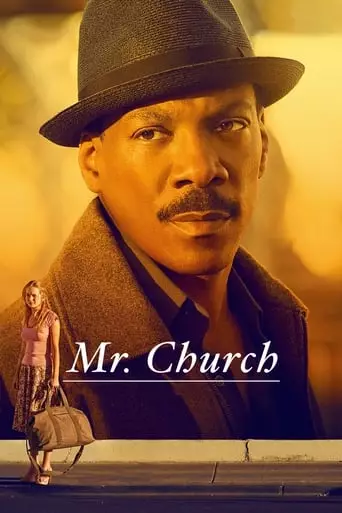
A unique friendship develops when a little girl and her dying mother inherit a cook – Mr. Church. What begins as an arrangement that should only last six months, instead […]
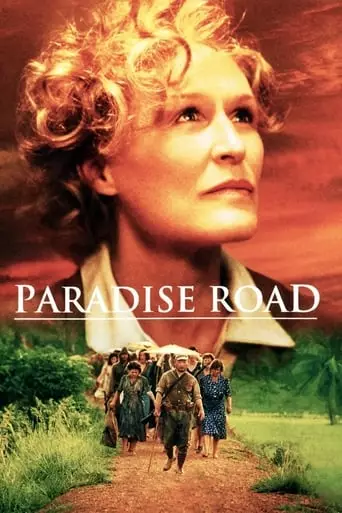
A group of English, American, Dutch and Australian women creates a vocal orchestra while being imprisoned in a Japanese POW camp on Sumatra during World War II.
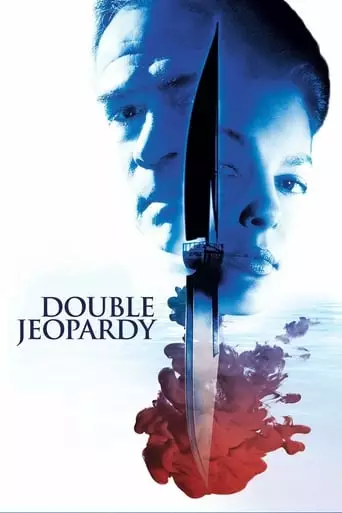
Framed for the murder of her husband, Libby Parsons survives the long years in prison with two burning desires sustaining her — finding her son and solving the mystery that […]
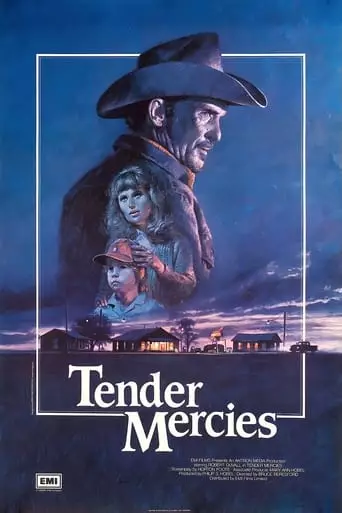
Alchoholic former country singer Mac Sledge makes friends with a young widow and her son. The friendship enables him to find inspiration to resume his career.
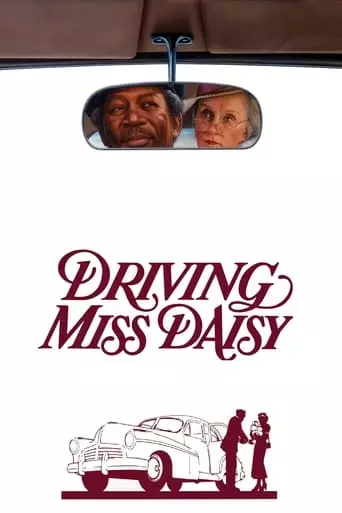
The story of an old Jewish widow named Daisy Werthan and her relationship with her black chauffeur, Hoke. From an initial mere work relationship grew in 25 years a strong […]
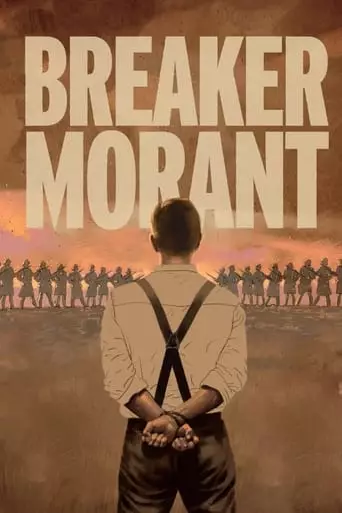
During the Boer War, three Australian lieutenants are on trial for shooting Boer prisoners. Though they acted under orders, they are being used as scapegoats by the General Staff, who […]
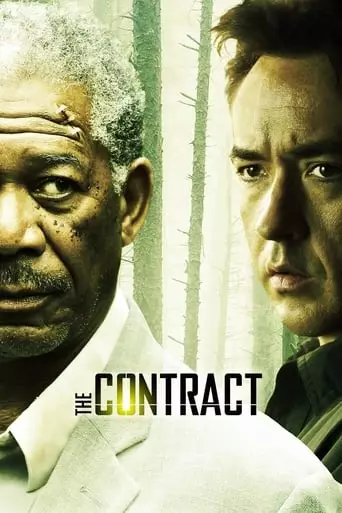
Attempting to recover from a recent family trauma by escaping into the woods for a peaceful hiking trip, an ex-lawman and his young son stumble across a dangerous contract killer.
Bruce Beresford: A Master of Emotion and Humanity in Cinema
Bruce Beresford is an Australian filmmaker celebrated for his ability to craft deeply human stories with emotional resonance. With a career spanning over five decades, Beresford has directed a diverse range of films, including the Oscar-winning Driving Miss Daisy (1989), the historical epic Breaker Morant (1980), and the poignant drama Tender Mercies (1983).
Known for his focus on character-driven narratives and his sensitivity to cultural and historical nuances, Beresford has established himself as a director of exceptional versatility and artistic depth.
Early Life and Career Beginnings
Bruce Beresford was born on August 16, 1940, in Sydney, Australia. After studying at the University of Sydney, he worked at the British Film Institute in London before returning to Australia to pursue filmmaking.
Beresford’s early career was rooted in the Australian New Wave, a movement characterized by its bold, innovative approach to storytelling. His breakout came with The Adventures of Barry McKenzie (1972), a satirical comedy that became one of Australia’s most successful films of its time.
Major Works
Breaker Morant (1980)
This courtroom drama is a searing examination of justice, morality, and the human cost of war. Set during the Boer War, the film follows the trial of three Australian soldiers accused of war crimes. Breaker Morant earned international acclaim, including an Academy Award nomination for Best Adapted Screenplay, and is considered a landmark in Australian cinema.
Tender Mercies (1983)
Starring Robert Duvall in an Oscar-winning performance, this quietly powerful drama tells the story of a washed-up country singer seeking redemption. Beresford’s understated direction allowed the film’s emotional depth to shine, earning him an Academy Award nomination for Best Director.
Driving Miss Daisy (1989)
One of Beresford’s most iconic films, Driving Miss Daisy is a tender exploration of friendship and racial dynamics in the American South. Starring Jessica Tandy and Morgan Freeman, the film won four Academy Awards, including Best Picture. Though Beresford did not receive a nomination for Best Director, his deft handling of the material was widely praised.
Black Robe (1991)
A haunting and visually striking historical drama, Black Robe delves into the clash of cultures between French Jesuit missionaries and Indigenous peoples in 17th-century Canada. The film was lauded for its authenticity and unflinching portrayal of cultural complexities.
Mao’s Last Dancer (2009)
Based on the autobiography of Li Cunxin, this biographical drama chronicles the journey of a Chinese ballet dancer who defects to the United States. The film combines breathtaking dance sequences with a moving story of perseverance and self-discovery.
Themes and Style
Beresford’s films are characterized by:
Human-Centered Narratives: His stories often focus on personal growth, redemption, and relationships, showcasing the resilience of the human spirit.
Historical and Cultural Sensitivity: Beresford excels at portraying different cultures and historical settings with depth and respect, from the Australian outback to the American South.
Understated Direction: His approach emphasizes subtlety, allowing performances and storytelling to take center stage without excessive stylistic flourishes.
Collaboration with Actors: Beresford has a reputation for eliciting powerful performances, as evidenced by the many accolades received by his films’ cast members.
Contributions to Australian Cinema
As a key figure in the Australian New Wave, Beresford helped elevate Australian cinema to international prominence. Films like Breaker Morant and Don’s Party (1976) reflected the unique voices and stories of Australia, inspiring a new generation of filmmakers.
Awards and Recognition
Beresford’s work has earned widespread acclaim, including multiple Academy Award nominations and wins. Notable accolades include:
Academy Award for Best Picture for Driving Miss Daisy (1989).
Golden Globe for Best Actor for Robert Duvall in Tender Mercies (1983).
BAFTA nominations for his contributions to historical and dramatic storytelling.
Legacy
Bruce Beresford’s career is a testament to the power of emotionally rich and culturally resonant storytelling. His films, whether set in Australia, America, or beyond, resonate with universal themes of connection, understanding, and the human experience.
Through his dedication to crafting compelling narratives and fostering unforgettable performances, Beresford has left an indelible mark on global cinema, ensuring his place as one of the medium’s most respected and enduring voices.